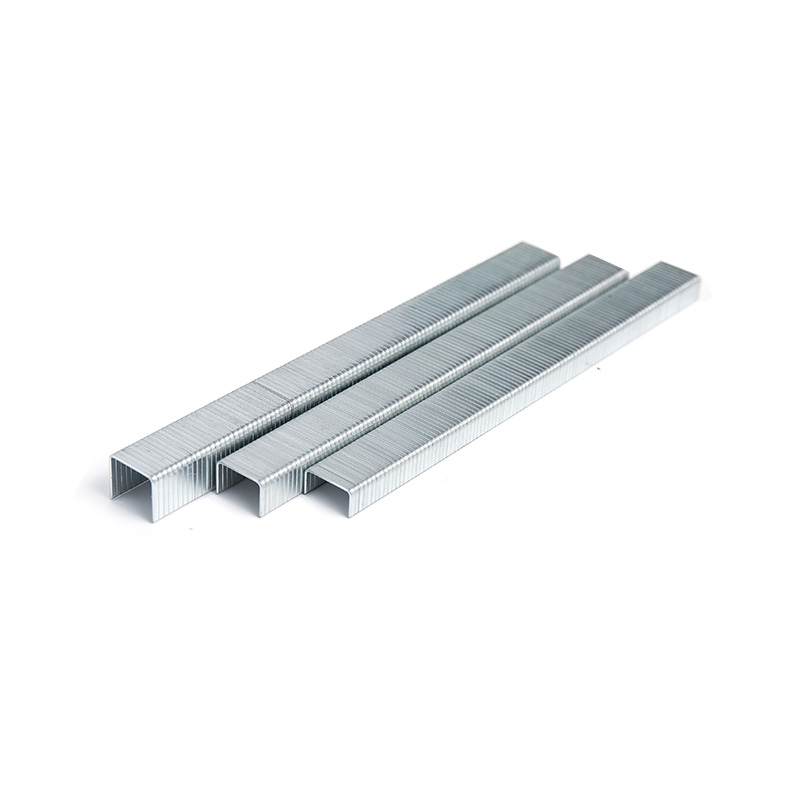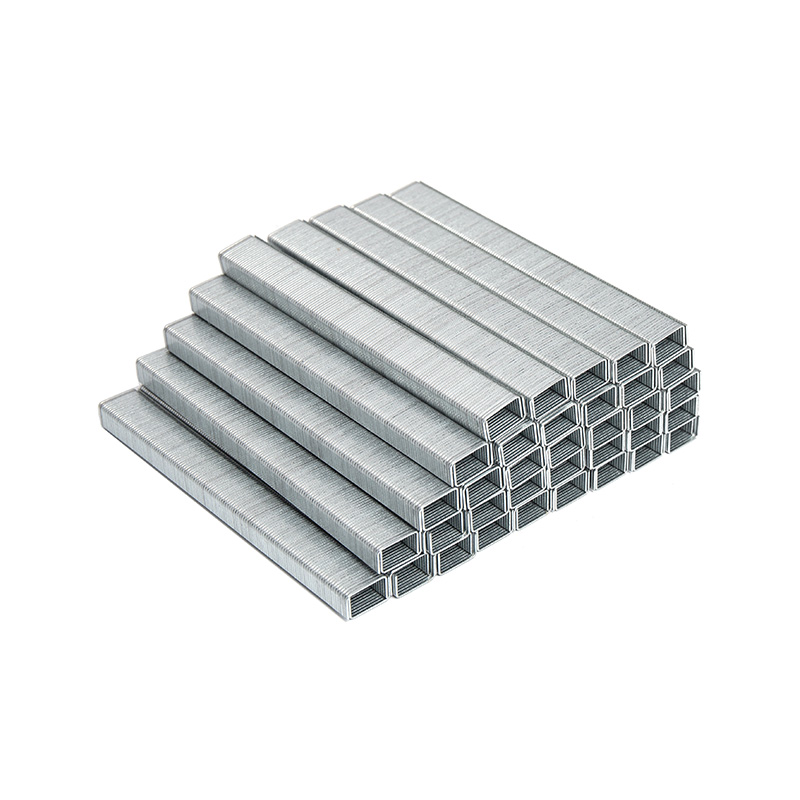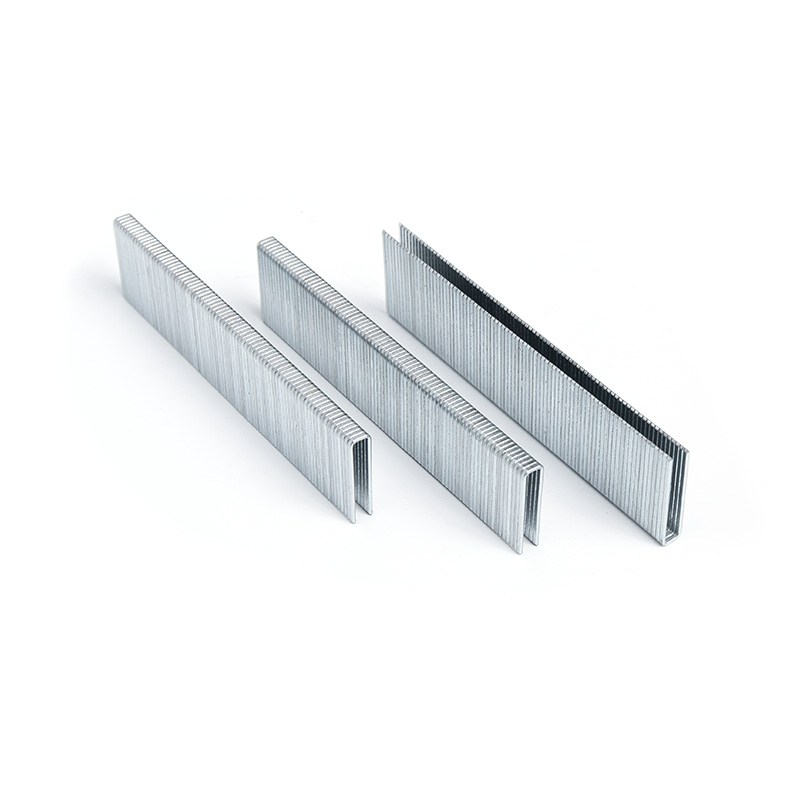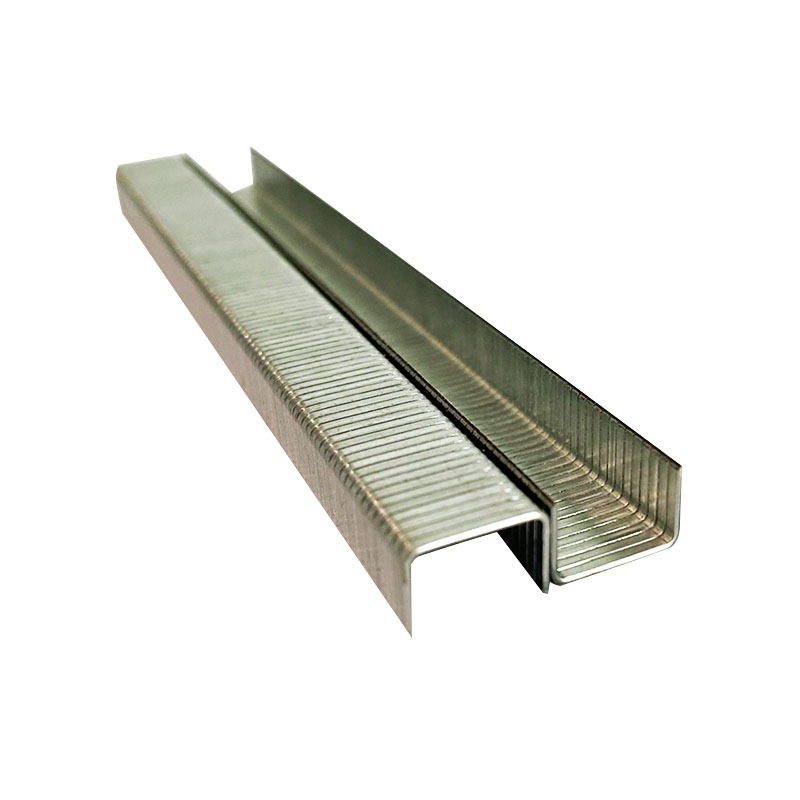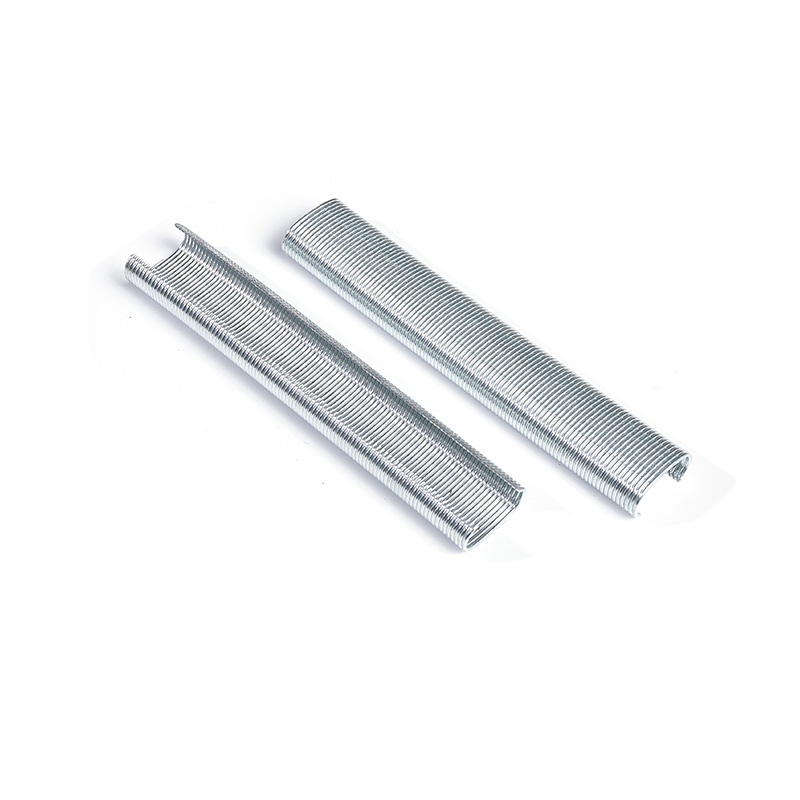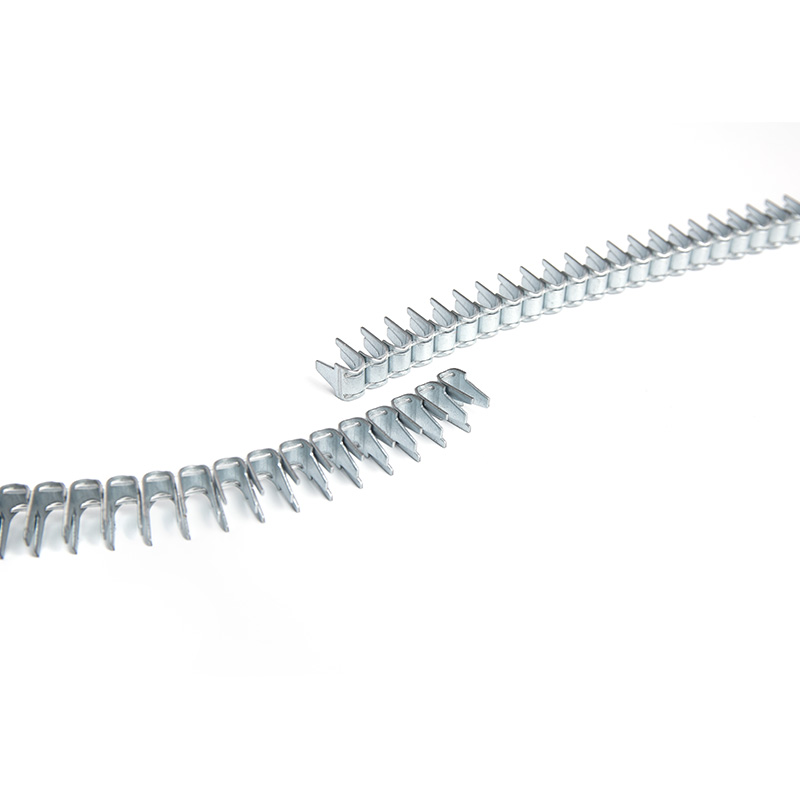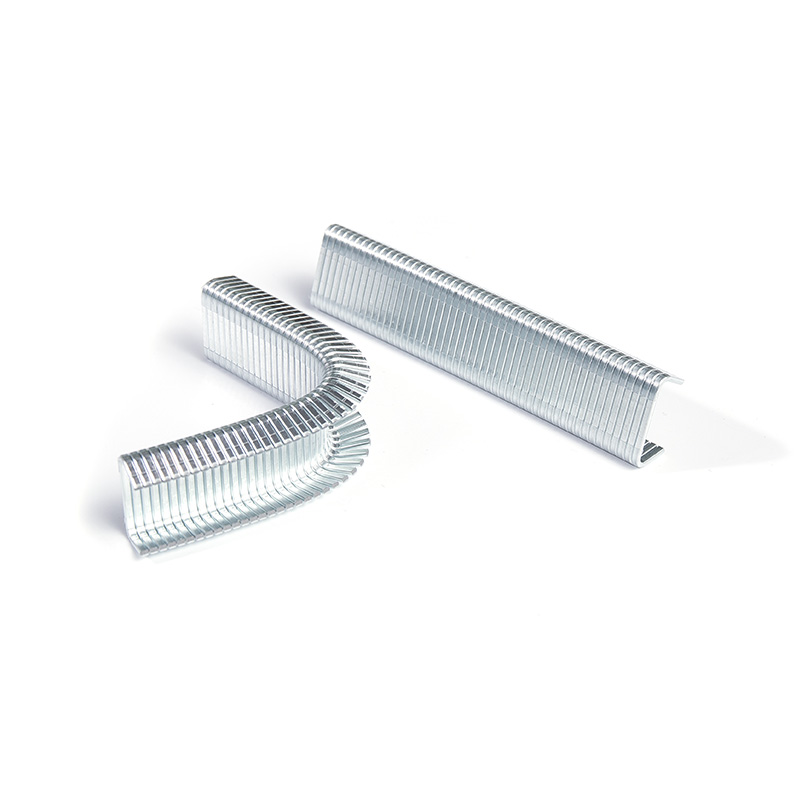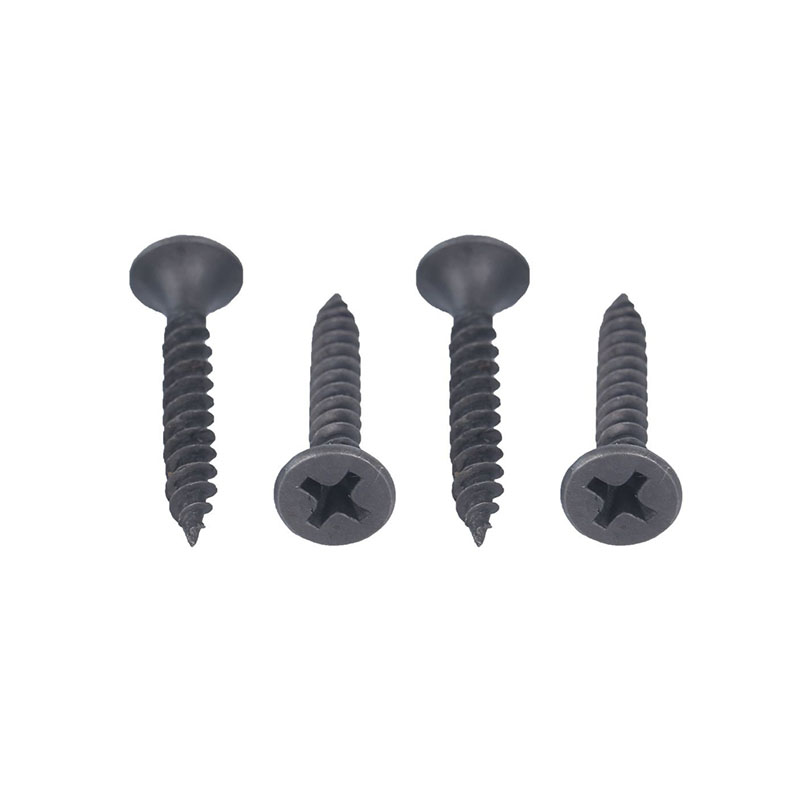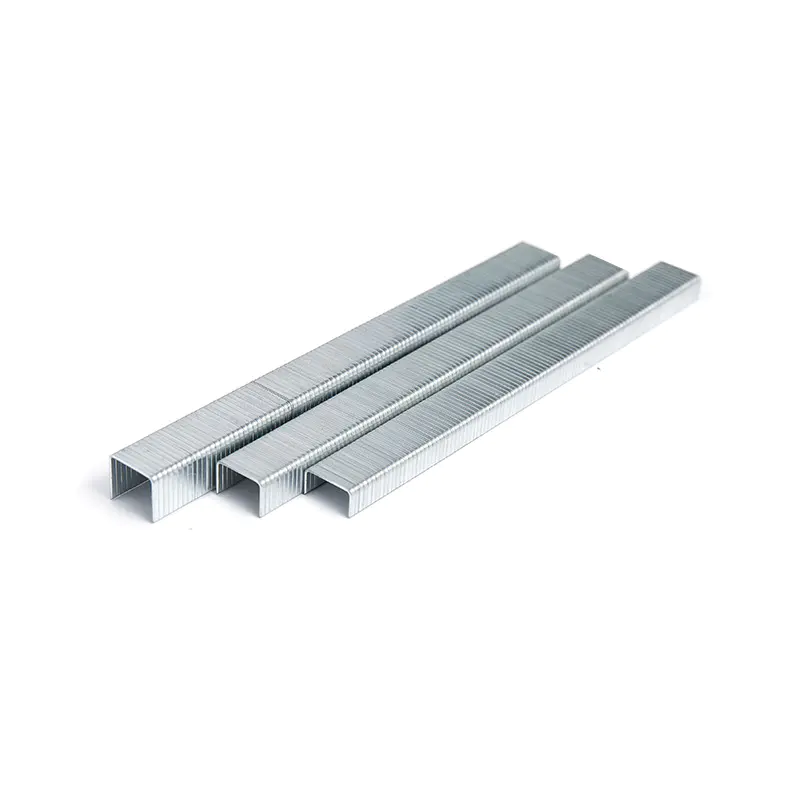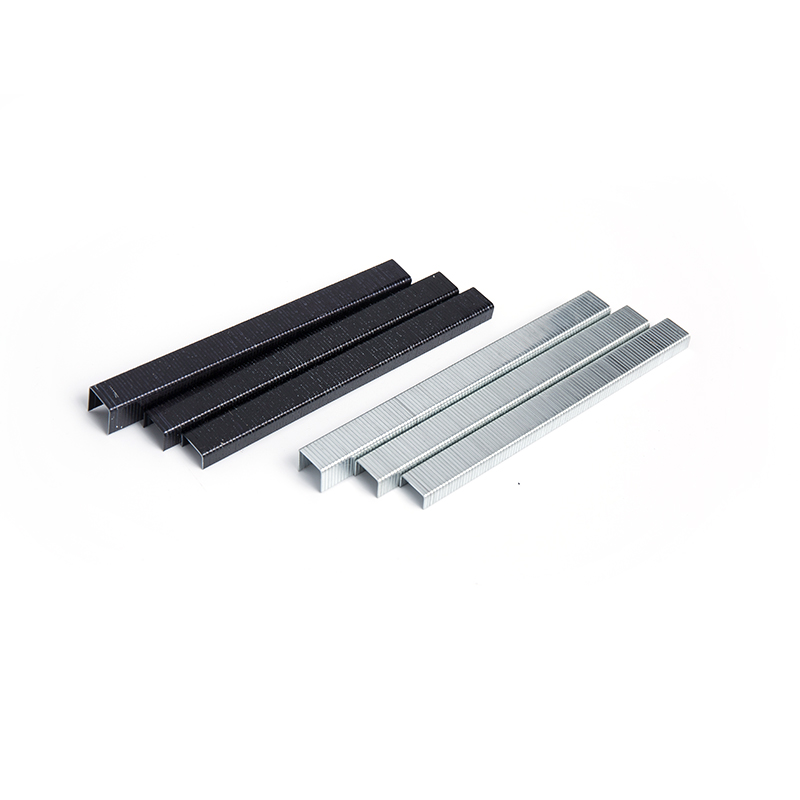1. The necessity of high-quality screws
In order to prevent loose floor screws to the greatest extent, choosing high-quality screws is undoubtedly the key to solving the problem. Screws are indispensable fixings in floor installation, and their quality directly affects the stability of the floor. High-quality screws can effectively resist external pressure and tension, ensuring that the floor can be firmly fixed to the ground for a long time. During use, the close contact between the screws and the floor material will directly determine the firmness of the floor. Therefore, choosing suitable and high-quality screws is the first step to prevent the loosening of floor screws.
Screws of different qualities not only differ in durability, but may also affect the overall stability of the floor. Cheap, low-quality screws may not be able to withstand the friction and tension in long-term use, which may cause the screws to loosen and affect the stability of the floor. High-quality screws can maintain strong compression and tension resistance under various environmental conditions to avoid the phenomenon of screw loosening or falling off.
2. Choose the right type of screws
There are many types of screws made of different materials on the market. When choosing, users must choose the most suitable type of screws according to the material of the floor and the characteristics of the use environment. The type, material and design of the screws have a direct impact on the fixing effect of the floor. Therefore, understanding the characteristics of different screws is an important step to prevent the floor from loosening.
First of all, for wooden floors, due to the characteristics of wood, it is particularly important to choose screws designed specifically for wood. Such screws usually have deeper threads, which can better embed into the wood fibers, thereby providing stronger fixing force. They can effectively reduce the problem of floor instability caused by loose screws.
For tile or stone floors, high-strength screws should be selected. These materials are harder than wood and require stronger screws to resist the pressure exerted by the floor of different materials. Usually, the screws used for tile and stone floors have special designs that can better adapt to these hard materials and ensure that the floor is firmly fixed.
3. The importance of screw surface treatment
In addition to the material and design of the screws, the surface treatment of the screws is also an important factor affecting their stability. Surface treatment processes such as galvanizing, spraying, and stainless steel can effectively improve the corrosion resistance of screws and extend their service life. Especially in humid or changeable environments, screws are easily corroded by water, moisture in the air, and chemicals, which leads to a decrease in performance and loosening.
For example, galvanized screws form a protective layer on the surface, which can effectively prevent rust and increase the durability and corrosion resistance of the screws. In long-term use, the surface treatment process can ensure that the screws still maintain a good fixing effect in harsh environments, avoid corrosion and loosening of the screws, and ensure the stability of the floor.
Stainless steel screws are the first choice in many special environments due to their strong corrosion resistance and durability. Especially in humid environments such as kitchens and bathrooms, the use of stainless steel screws can significantly reduce the loosening problem caused by corrosion.
4. The size and length of the screws
The size and length of the screws are also a key factor affecting their fixing effect. When choosing screws, it is very important to ensure that their length and diameter are suitable for the thickness and material of the floor. If the screws are too short, they cannot deeply fix the floor; if the screws are too long, they may penetrate the bottom of the floor and damage the ground structure. Therefore, choosing the right screw size and length is crucial to ensure the stability of the floor.
In actual installation, the depth of the screw should be adjusted according to the thickness of the floor to ensure that the screw can be fully embedded in the floor and firmly contact the ground. The diameter of the screw should also match the hardness of the floor material to avoid deformation of too thin screws due to excessive pressure.
5. Accurate operation during installation
The quality of the screws is important, but accurate operation should not be ignored during installation. Even if high-quality screws are selected, improper installation may still cause the screws to loosen or have poor fixing effects. When installing the floor, ensure that each screw is correctly aligned and accurately screwed in. Use special tools to fix the screws to ensure that the screws are properly tightened during installation, and do not tighten them too tight or too loose.
During the installation process, it is a good operating habit to tighten the screws step by step, and avoid tightening all the screws at once, so that each screw is evenly stressed and the instability caused by loose screws is reduced.
6. Maintenance and inspection
In order to prevent loose floor screws for a long time, it is very necessary to regularly inspect and maintain the floor screws. No matter how high-quality the screws are, or how well-installed they are, they can still become loose over time due to long-term use. Therefore, regularly checking the fixing of the floor screws to ensure that they are not loose or deformed is the key to ensuring the stability of the floor.
In addition, regularly reinforcing or re-tightening the screws can also effectively extend the service life of the floor and ensure that the floor remains stable during long-term use.

